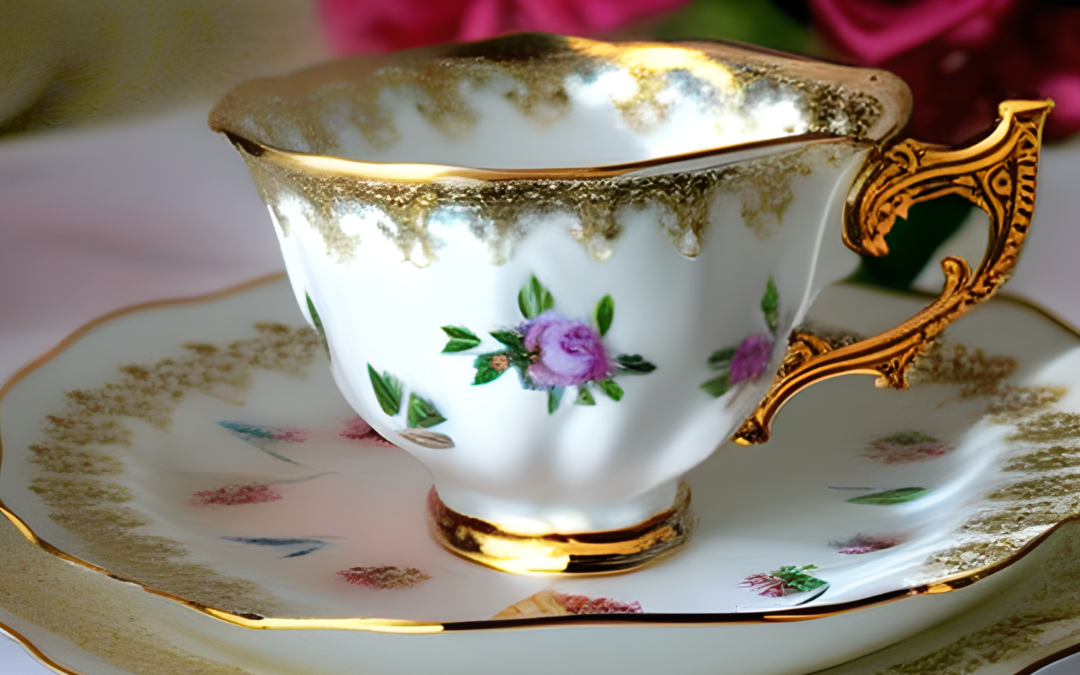Unraveling the Challenge of Prioritizing Self-Care: The Teacup and Saucer Analogy
In today’s fast-paced world, carving out time for oneself often feels like an elusive task. We find ourselves caught in a relentless cycle of commitments, responsibilities, and obligations, leaving little room to nurture our own well-being. This struggle to prioritize self-care is a phenomenon that many of us experience, yet understanding its root causes can offer valuable insights into regaining balance and harmony in our lives.
One of the most significant factors contributing to the difficulty of spending time on ourselves is the ingrained sense of obligation to put others first. From a young age, we are taught the virtues of empathy, compassion, and selflessness. While these qualities are undoubtedly noble, they can sometimes lead us to disregard our own needs. The urge to care for our loved ones often becomes so strong that it overshadows our own well-being, leaving us emotionally and physically drained.

The Teacup Analogy
Imagine yourself as a delicate teacup and saucer. The teacup represents your inner self, your thoughts, emotions, and personal space. The saucer, on the other hand, symbolizes the space where you interact with the world around you. Just as you would carefully pour tea into the teacup, it’s essential to fill your own cup with self-care, self-love, and rejuvenation. Only then can you offer the overflow, the abundance, to others, which lands gracefully on the saucer.
Yet, why is it so difficult to follow this analogy? The answer lies in our conditioning and societal expectations. We have been conditioned to believe that tending to ourselves is somehow selfish or indulgent. The constant pressure to be productive, achieve more, and be of service to others reinforces the idea that time spent on ourselves is time wasted. As a result, our teacups remain empty, leaving us depleted and unable to give our best to others.

Breaking free from this cycle requires a shift in perspective. Embracing self-care as a necessity, rather than a luxury, is the first step. Recognizing that taking care of yourself is not selfish but rather an essential foundation for being able to care for others can be transformative. Just as a teacup cannot pour if it’s empty, you cannot give your best if your own well-being is neglected.

Boundaries
Creating boundaries is another crucial aspect of the journey towards prioritizing self-care. Just as you would carefully choose what goes into your teacup, you must discern what activities, relationships, and commitments are truly nourishing and supportive of your well-being. Setting healthy boundaries allows you to preserve your energy and focus on what truly matters, rather than spreading yourself too thin.
In a world that constantly demands our attention and energy, reclaiming time for oneself is an act of courage and self-love. Remember, you are the teacup and saucer, both equally important. By tending to your own needs and filling your cup, you not only honor yourself but also enhance your ability to be there for others. Just as the teacup overflows onto the saucer, your abundance and well-being will naturally radiate outwards, enriching the lives of those around you.
Exploring the challenge of spending time on oneself reveals the intricate interplay between societal norms, personal conditioning, and the desire to care for others. Embracing the teacup and saucer analogy reminds us that self-care is not a selfish act but a fundamental practice that empowers us to lead more balanced and fulfilling lives. By nurturing our own well-being, we can create a ripple effect of positivity and abundance that touches the lives of those we care about. So, let’s raise our teacups, filling them with self-love and care, and allow our saucers to catch the overflow of our abundant hearts.
Check out our pick of the week from the shop Rebirth, this lovely scented soap just smells like new beginnings!

